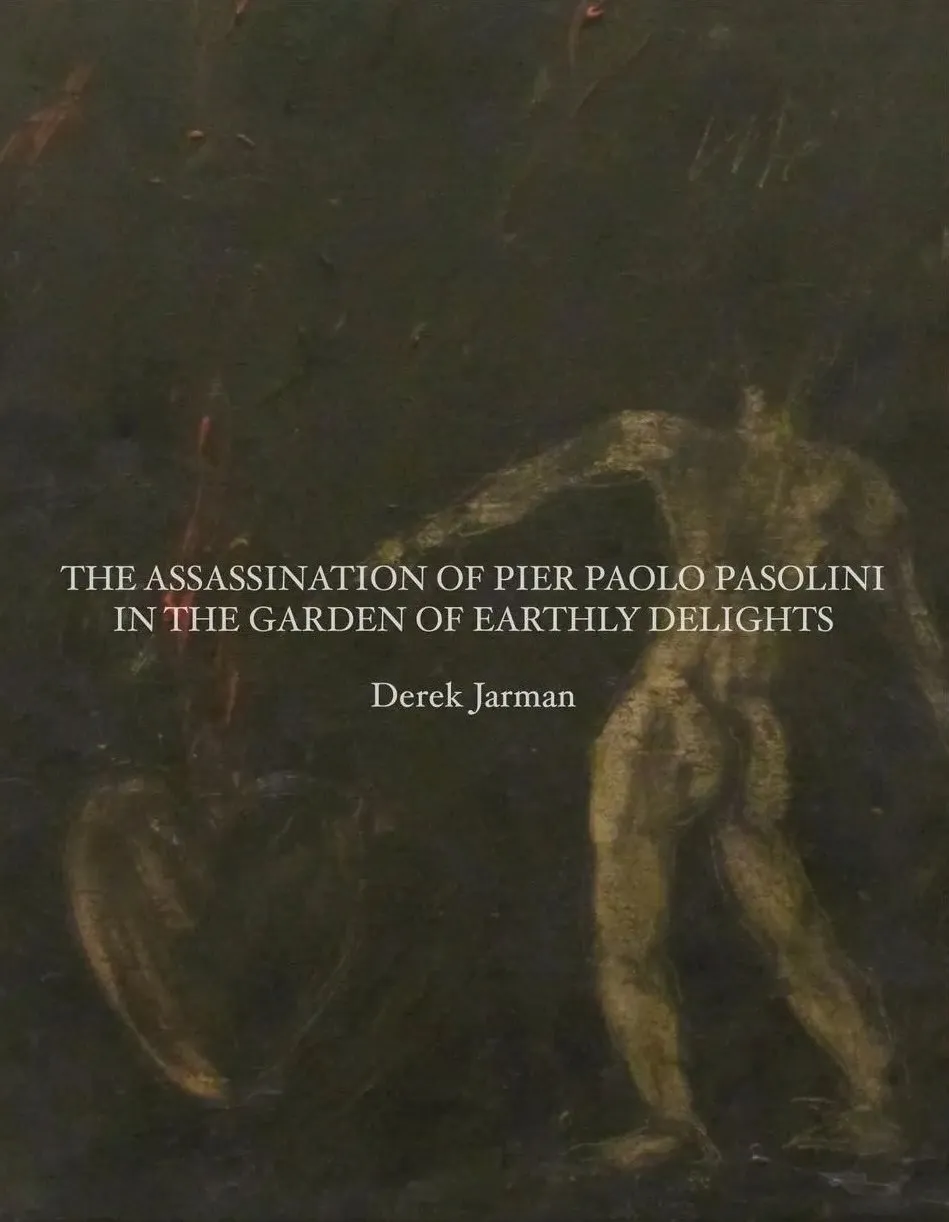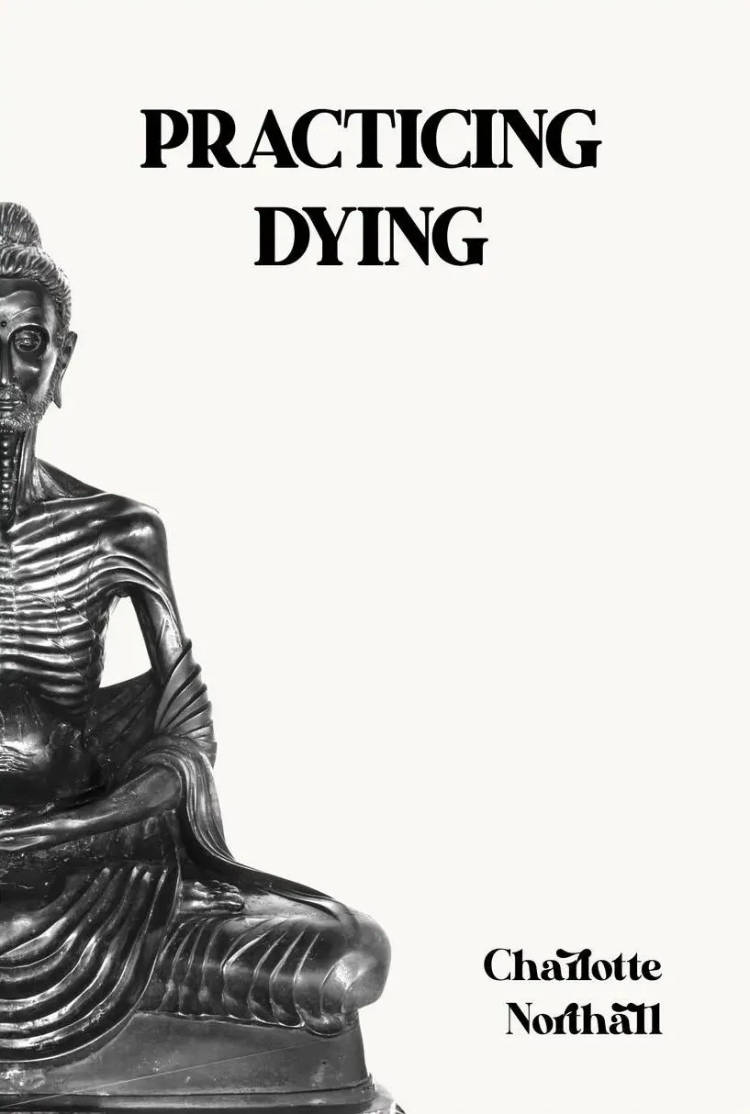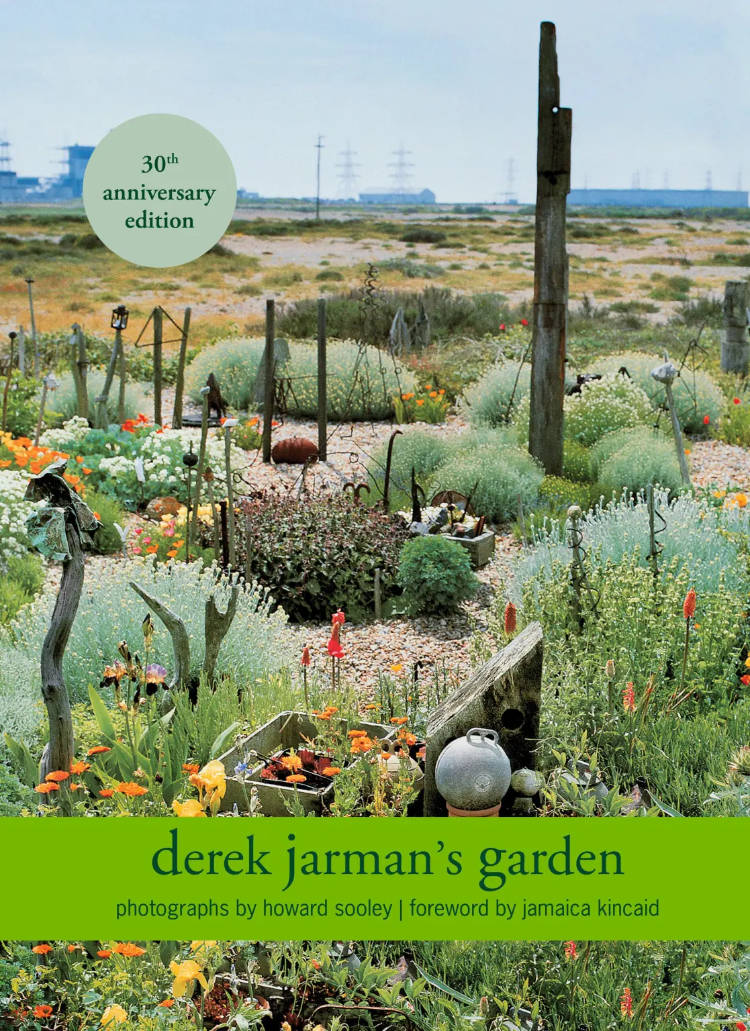
The Assassination of Pier Paolo Pasolini in the Garden of Earthly Delights
Derek Jarman’s unrealised film treatment, The Assassination of Pier Paolo Pasolini in the Garden of Earthly Delights, takes as its subject matter the events leading up to and including the murder of Italian film director Pier Paolo Pasolini following the making of his final film Saló, or the 120 Days of Sodom in 1975.
Written in 1984, the setting of Jarman's film is inspired by the renaissance painter Hieronymus Bosch’s triptych, The Garden of Earthly Delights (1490-1500), a painting that depicts both the joys and perils of temptation, and which Jarman encountered on a visit to the Museo de Prado in Madrid the year he began working on the project.
For the first time, a facsimile of the treatment is presented alongside reproductions from the film's workbook, which show Jarman's calligraphic notes towards the film’s sequences, themes, cinematography, lighting, sound, costume, casting and props.
2025 marks fifty years since Pasolini's murder and thirty-two since Jarman’s death due to AIDS. Against a backdrop of funding cuts to the arts and the arrival of the HIV/AIDS epidemic that vanished away so many important artists and visionaries, The Assassination of Pier Paolo Pasolini in the Garden of Earthly Delights is a powerful elegy to the decadence of queer cinema and the tragedy of its last auteur.
Derek Jarman was one of the most influential British artists of the twentieth century. His practice, as diverse as it was prolific, spanned painting, sculpture, film, writing, stage design, gardening and activism. He was an outspoken campaigner for LGBTQIA+ rights, and was one of the first public figures in the UK to raise awareness for those living with HIV/AIDS, announcing his own HIV diagnosis on the radio in 1986.







